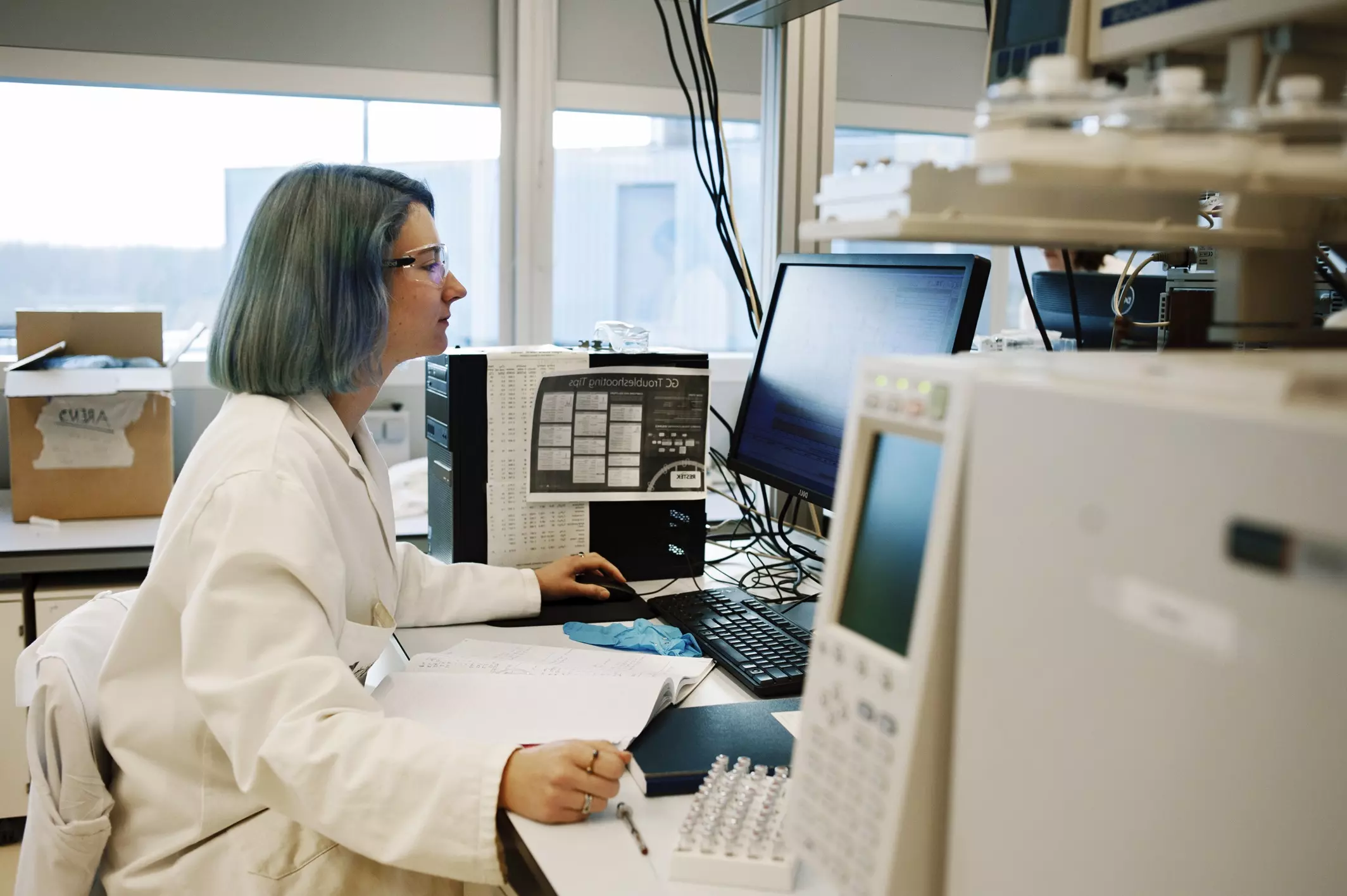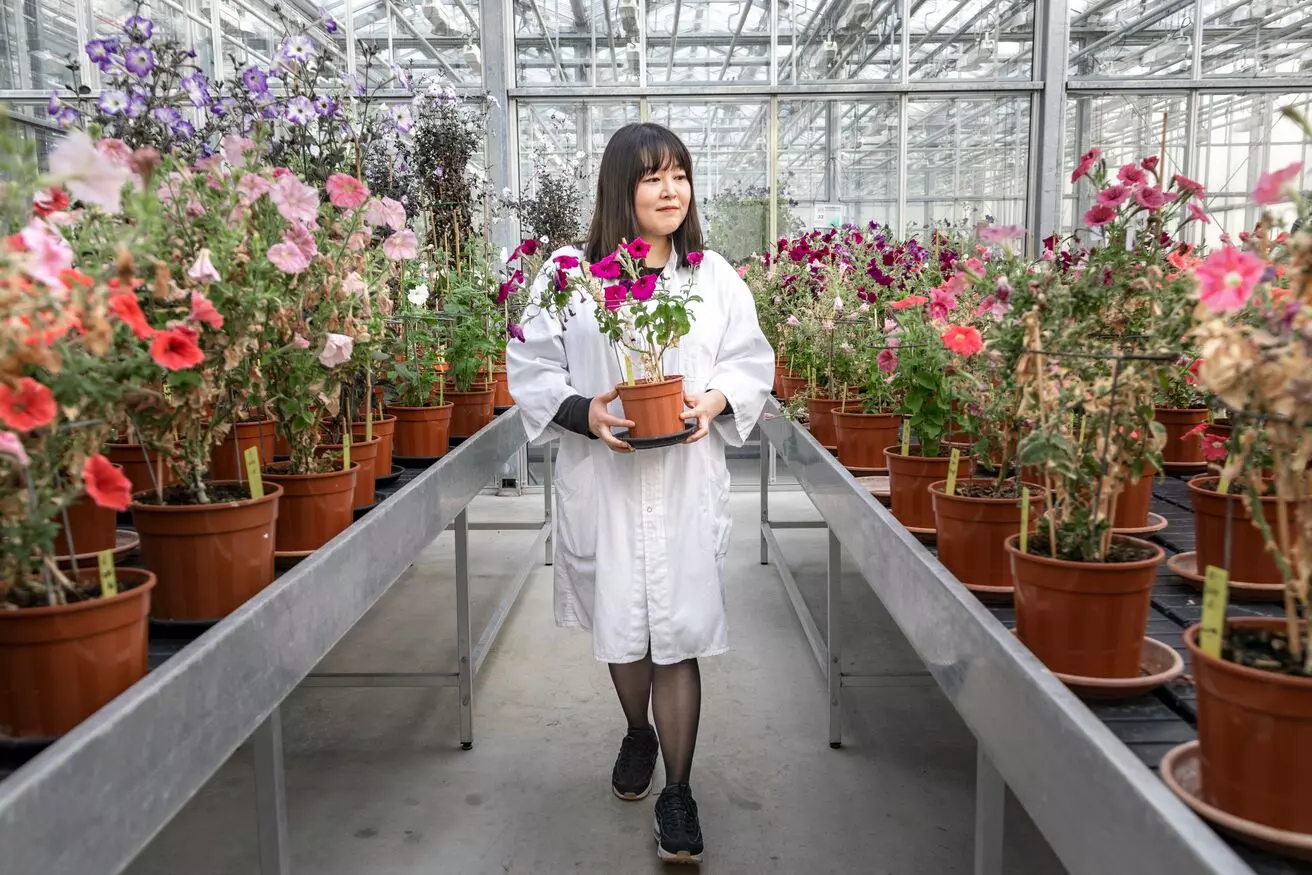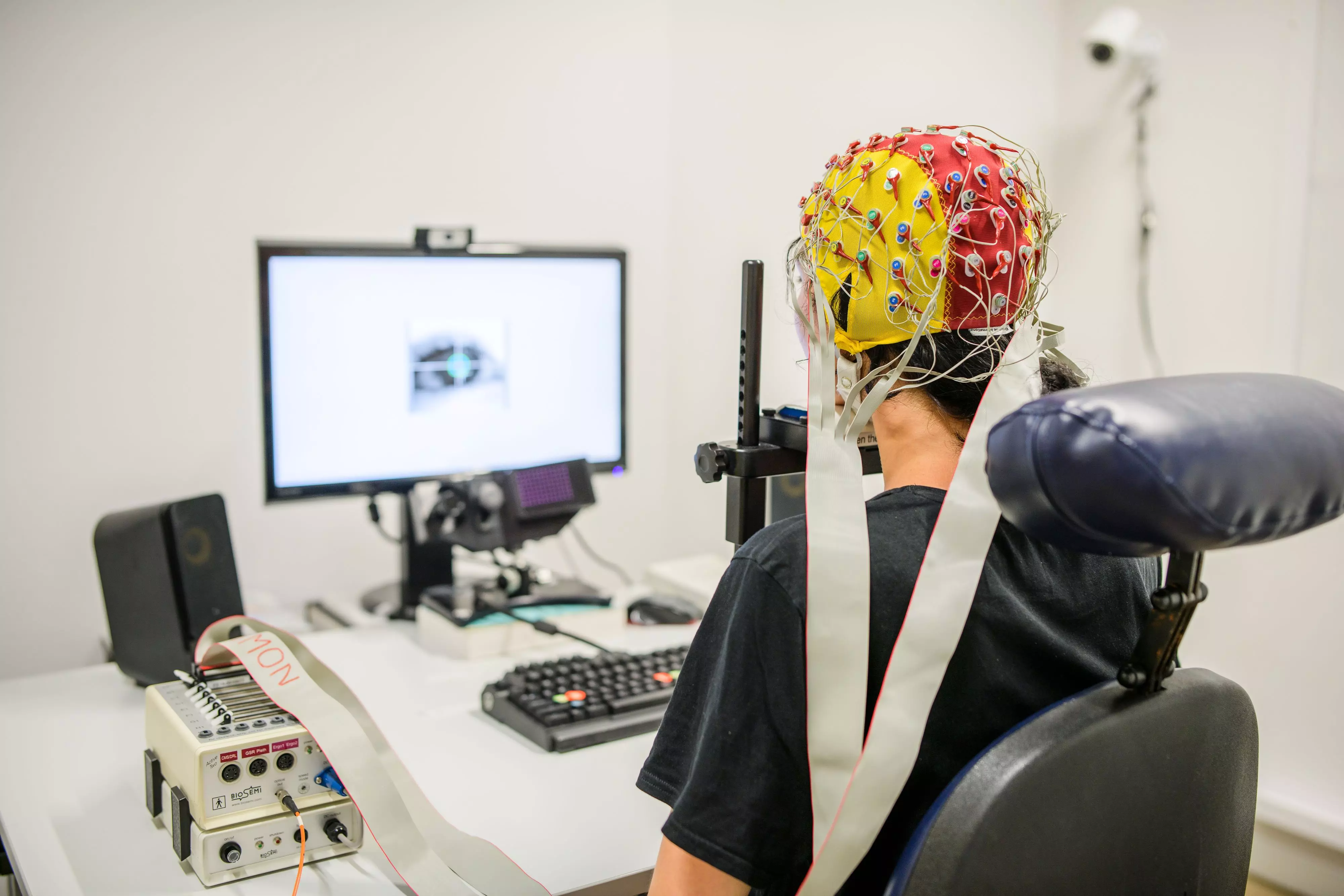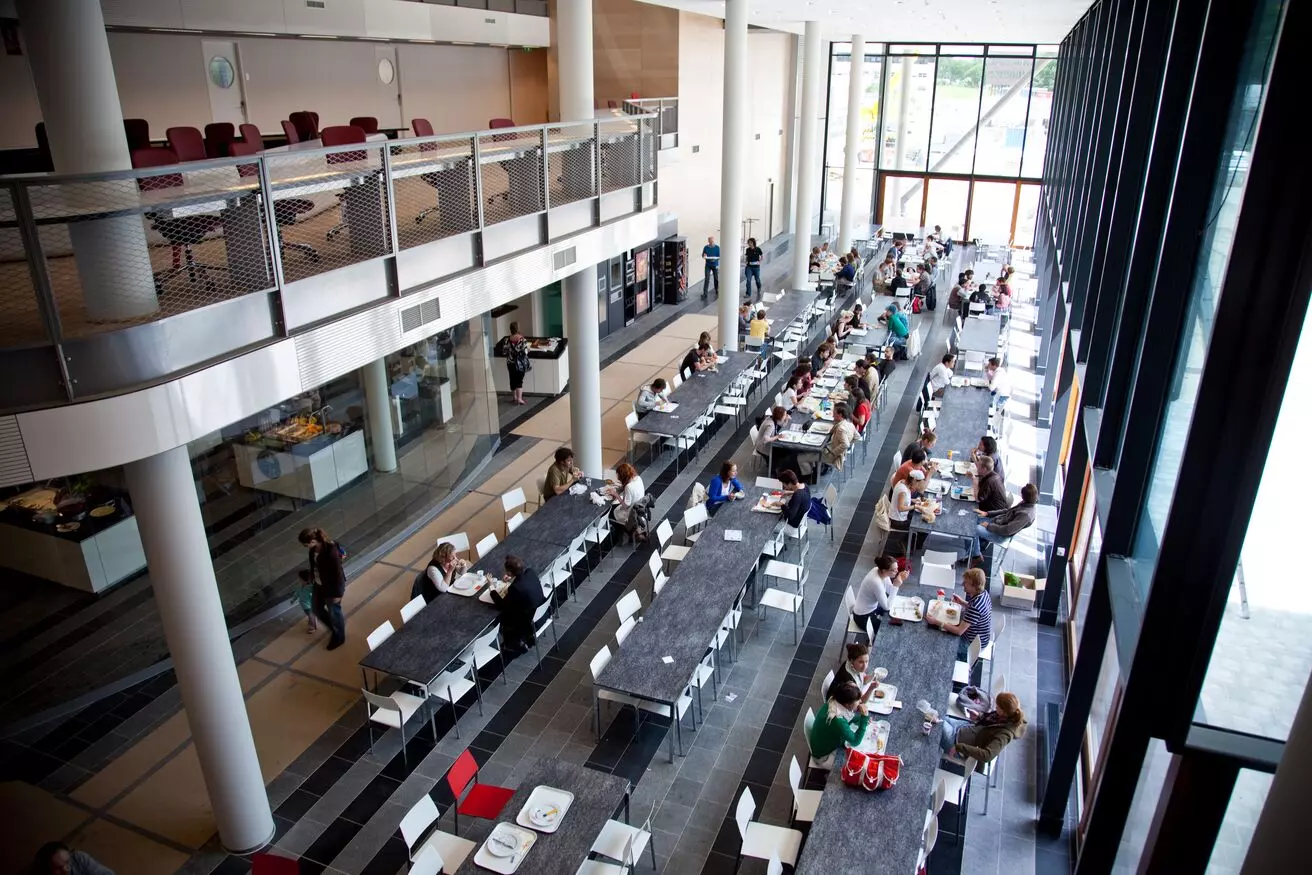The Research Priority Area in Human(e) AI at the University of Amsterdam currently has two vacant Postdoctoral Researcher positions.
You will conduct research on Responsible AI within the broader approach of the Human(e) AI Research Priority Area (https://humane-ai.nl/). The research will be embedded in the University of Amsterdam in one of four faculties: Law, Communication Science, Humanities or Science.
The ideal candidates are active in any relevant area that can complement our current strengths within any of the areas in a) AI and Philosophy, b) AI and Law and c) AI and Communication Science, d) AI and Logic.
Within AI and Philosophy, or AI and Logic, we encourage applications from candidates interested in developing advanced computational methods for studying culture and society. We welcome research on surveying and analysing the application of these methods, its limits and ethical issues. We similarly welcome work on the design of new formal tools e.g. in relation to social network analysis, opinion-formation, bias-detection, fairness, trust or research that can bridge methods used in symbolic and sub-symbolic AI.
Within AI and Law, we are particularly interested in work on the emerging European digital framework, including the AI Act, the Digital Services Act, Digital Markets Act or the European Media Freedom Act, and invite critical legal research on the operationalisation of these frameworks, and the extent to which they tackle the growing proliferation of (generative) AI in the broader media sector. The ability to work conceptually and in an interdisciplinary cross-faculty team will be essential.
Within AI and Communication Science we are interested in any work on how citizens interact with AI systems in the realms of media and politics. This can focus, for example, on effects of AI in journalism, effects of AI in disinformation strategies or the effects of AI in political campaigns.
Interest in and ability to work with computational social science and communication methods as part of an inter-disciplinary team is essential.
The postdoctoral researchers will be positioned in one of the Research Institutes involved in the Human(e) collaboration, depending on their disciplinary focus.
The Research Priority Area in Human(e) AI at the University of Amsterdam currently has two vacant Postdoctoral Researcher positions.
You will conduct research on Responsible AI within the broader approach of the Human(e) AI Research Priority Area (https://humane-ai.nl/). The research will be embedded in the University of Amsterdam in one of four faculties: Law, Communication Science, Humanities or Science.
The ideal candidates are active in any relevant area that can complement our current strengths within any of the areas in a) AI and Philosophy, b) AI and Law and c) AI and Communication Science, d) AI and Logic.
Within AI and Philosophy, or AI and Logic, we encourage applications from candidates interested in developing advanced computational methods for studying culture and society. We welcome research on surveying and analysing the application of these methods, its limits and ethical issues. We similarly welcome work on the design of new formal tools e.g. in relation to social network analysis, opinion-formation, bias-detection, fairness, trust or research that can bridge methods used in symbolic and sub-symbolic AI.
Within AI and Law, we are particularly interested in work on the emerging European digital framework, including the AI Act, the Digital Services Act, Digital Markets Act or the European Media Freedom Act, and invite critical legal research on the operationalisation of these frameworks, and the extent to which they tackle the growing proliferation of (generative) AI in the broader media sector. The ability to work conceptually and in an interdisciplinary cross-faculty team will be essential.
Within AI and Communication Science we are interested in any work on how citizens interact with AI systems in the realms of media and politics. This can focus, for example, on effects of AI in journalism, effects of AI in disinformation strategies or the effects of AI in political campaigns.
Interest in and ability to work with computational social science and communication methods as part of an inter-disciplinary team is essential.
The postdoctoral researchers will be positioned in one of the Research Institutes involved in the Human(e) collaboration, depending on their disciplinary focus.
Working at the UvA
What are you going to do?
- Develop, conduct, and publish research on Human(e) AI;
- Contribute to the overall RPA in terms of events, research meetings, activities;
- Collaborate with other Postdocs and faculty members within and between the faculties;
- Contribute to new grant applications;
- Give guest-lectures in the area of your expertise within Human(e) AI at BA or MA level at the University of Amsterdam;
- Help co-supervising research projects of students working on Human(e) AI;
- Engage in educational activities, e.g. in the interdisciplinary, cross-faculty Human(e)AI course.

Working at the UvA
What are you going to do?
- Develop, conduct, and publish research on Human(e) AI;
- Contribute to the overall RPA in terms of events, research meetings, activities;
- Collaborate with other Postdocs and faculty members within and between the faculties;
- Contribute to new grant applications;
- Give guest-lectures in the area of your expertise within Human(e) AI at BA or MA level at the University of Amsterdam;
- Help co-supervising research projects of students working on Human(e) AI;
- Engage in educational activities, e.g. in the interdisciplinary, cross-faculty Human(e)AI course.
All about this vacancy
What do you have to offer?
- A PhD in any field relevant for research in Human(e) AI;
- Excellent research skills demonstrated by a track record of publications in high-ranking journals, conferences and/or with leading presses or a demonstrable capacity to develop such a record;
- Strong research interest in Human(e) AI as witnessed by research papers in relevant top venues and lectures given at important conferences in your field;
- Excellent written and spoken command of English, as demonstrated by publications in English-language journals;
- Interest in developing research-led teaching opportunities in Human(e) AI;
- The ability, willingness, and commitment to do autonomous work in a multidisciplinary team;
- The ability to collaborate in an interdisciplinary cross-faculty team will be essential;
- Experience with organising workshops, lecture series, or other events that facilitate knowledge dissemination and valorisation;
- Strong communications skills and ideally some experience with working with partners within and outside academia;
- Strong cooperative attitude and willingness to engage in collaborative research on Responsible AI;
- Enthusiasm for communicating academic research to non-academic audiences.
If the vacancy appeals to you, but you are doubting whether you might be THE person we are looking for, please do apply. We encourage all qualified applicants, including minorities, women, people with disabilities, and members of other groups underrepresented in academia to apply. We are committed to creating an environment of mutual respect, inclusiveness, equal opportunities with room for personal development.
Our offer
The Postdoctoral Researcher(s) will be appointed at the University of Amsterdam and will conduct research in the RPA Human(e) AI. The employment contract will be for 24 months, 38 hours a week. Part time employment is an option, for researchers that are already permanently employed by the UvA. The preferred starting date is in the first quarter of 2025.
The salary, depending on relevant experience before the beginning of the employment contract, will be € 3.345 to € 5.278 (scale 10) gross per month, based on a fulltime contract (38 hours a week). This is exclusive 8% holiday and 8.3% end-of-year bonus. The starting salary will be based on qualifications, expertise and relevant experience. A favourable tax agreement, the ‘30% ruling’, may apply to non-Dutch applicants. The Collective Labour Agreement of Dutch Universities is applicable. The UvA offers excellent possibilities for further professional development and education.
What else do we offer
- excellent possibilities for further professional development and education;
- an enthusiastic, inspiring and professional academic team;
- the opportunity to collaborate with leading researchers at research institutes that - partly as a result of their interdisciplinary approach - are world renowned.
About us
The University of Amsterdam is the largest university in the Netherlands, with the broadest spectrum of degree programmes. It is an intellectual hub with 39,000 students, 6,000 employees and 3,000 doctoral students who are all committed to a culture of inquiring minds.
Want to know more about our organisation? Read more about working at the University of Amsterdam.
All about this vacancy
What do you have to offer?
- A PhD in any field relevant for research in Human(e) AI;
- Excellent research skills demonstrated by a track record of publications in high-ranking journals, conferences and/or with leading presses or a demonstrable capacity to develop such a record;
- Strong research interest in Human(e) AI as witnessed by research papers in relevant top venues and lectures given at important conferences in your field;
- Excellent written and spoken command of English, as demonstrated by publications in English-language journals;
- Interest in developing research-led teaching opportunities in Human(e) AI;
- The ability, willingness, and commitment to do autonomous work in a multidisciplinary team;
- The ability to collaborate in an interdisciplinary cross-faculty team will be essential;
- Experience with organising workshops, lecture series, or other events that facilitate knowledge dissemination and valorisation;
- Strong communications skills and ideally some experience with working with partners within and outside academia;
- Strong cooperative attitude and willingness to engage in collaborative research on Responsible AI;
- Enthusiasm for communicating academic research to non-academic audiences.
If the vacancy appeals to you, but you are doubting whether you might be THE person we are looking for, please do apply. We encourage all qualified applicants, including minorities, women, people with disabilities, and members of other groups underrepresented in academia to apply. We are committed to creating an environment of mutual respect, inclusiveness, equal opportunities with room for personal development.
Our offer
The Postdoctoral Researcher(s) will be appointed at the University of Amsterdam and will conduct research in the RPA Human(e) AI. The employment contract will be for 24 months, 38 hours a week. Part time employment is an option, for researchers that are already permanently employed by the UvA. The preferred starting date is in the first quarter of 2025.
The salary, depending on relevant experience before the beginning of the employment contract, will be € 3.345 to € 5.278 (scale 10) gross per month, based on a fulltime contract (38 hours a week). This is exclusive 8% holiday and 8.3% end-of-year bonus. The starting salary will be based on qualifications, expertise and relevant experience. A favourable tax agreement, the ‘30% ruling’, may apply to non-Dutch applicants. The Collective Labour Agreement of Dutch Universities is applicable. The UvA offers excellent possibilities for further professional development and education.
What else do we offer
- excellent possibilities for further professional development and education;
- an enthusiastic, inspiring and professional academic team;
- the opportunity to collaborate with leading researchers at research institutes that - partly as a result of their interdisciplinary approach - are world renowned.
About us
The University of Amsterdam is the largest university in the Netherlands, with the broadest spectrum of degree programmes. It is an intellectual hub with 39,000 students, 6,000 employees and 3,000 doctoral students who are all committed to a culture of inquiring minds.
Want to know more about our organisation? Read more about working at the University of Amsterdam.
Your place at the UvA
Organisational unit
Your place at the UvA
This is where you will be working
Organisational unit
Important to know
Your application & contact
Any questions?
If you have any questions about the position, please contact:
- Prof. Natali Helberger
E: [email protected] - P. Rossel
E: [email protected]
Job application
If you feel the profile fits you, and you are interested in the job, we look forward to receiving your application. You can apply online via the link below. We will accept applications until 13 December 2024.
Applications (in one .pdf, addressed to the chair of the selection committee Prof. Helberger) should include the following information:
- a letter of motivation;
- a research proposal of 800-1000 words;
- a full academic CV, including a list of publications;
- the names and contact details of two references who may be approached by the selection committee.
Only complete applications received within the response period via the link below will be considered. Interviews are expected to take place at the end of December 2024 or beginning of January 2025.
Diversity, Equity & Inclusion
Important to know
Your application & contact
Any questions?
If you have any questions about the position, please contact:
- Prof. Natali Helberger
E: [email protected] - P. Rossel
E: [email protected]
Job application
If you feel the profile fits you, and you are interested in the job, we look forward to receiving your application. You can apply online via the link below. We will accept applications until 13 December 2024.
Applications (in one .pdf, addressed to the chair of the selection committee Prof. Helberger) should include the following information:
- a letter of motivation;
- a research proposal of 800-1000 words;
- a full academic CV, including a list of publications;
- the names and contact details of two references who may be approached by the selection committee.
Only complete applications received within the response period via the link below will be considered. Interviews are expected to take place at the end of December 2024 or beginning of January 2025.
Other interesting vacancies for you

Postdoctoral Position Conservation Science
- Faculty of Science
- €3.345 - €5.278
- Closes on20-12-2024
- Master's
- Minimum 19 hours

Postdoc Position on Optical Atomic Clocks
- Faculty of Science
- 38 hours
- PhD
- Closes on31-03-2025

Postdoc Researcher in Music Cognition
- Faculty of Humanities
- €4.227 - €5.331
- Closes on01-12-2024
- PhD
- 38 hours
Other interesting vacancies for you

Postdoctoral Position Conservation Science
- Faculty of Science
- €3.345 - €5.278
- Closes on20-12-2024
- Master's
- Minimum 19 hours

Postdoc Position on Optical Atomic Clocks
- Faculty of Science
- 38 hours
- PhD
- Closes on31-03-2025

Postdoc Researcher in Music Cognition
- Faculty of Humanities
- €4.227 - €5.331
- Closes on01-12-2024
- PhD
- 38 hours

Don't miss out on your dream job!

Don't miss out on your dream job!
This website uses cookies
We, and third parties, use cookies on our website. We use cookies to ensure that our website functions properly, to store your preferences, to gain insight into visitor behavior, but also for marketing and social media purposes (showing personalized advertisements). By clicking 'Accept', you agree to the use of all cookies. In our Cookie Statement. you can read more about the cookies we use and save or change your preferences. By clicking 'Refuse' you only agree to the use of functional cookies.

